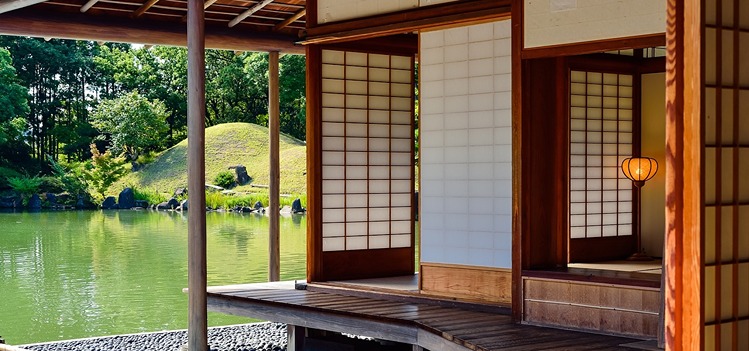
Japan has become an increasingly attractive destination not only for tourists but also for small international investors looking to own a home in Japan and, eventually, rent or exchange it while they are not in the country. Factors such as limited land availability, the weak yen, and a booming tourism industry are driving up property prices, making it an interesting option for those seeking investment opportunities.
Can Foreigners Buy Property in Japan?
The short answer is yes. Unlike other countries, Japan does not impose major restrictions on foreign property ownership. However, there are some exceptions related to national security and certain regulatory investment approvals. Despite these considerations, foreign citizens can generally buy, sell, and rent properties in Japan without the need for residency or Japanese citizenship.
Unique Aspects of Property Ownership in Japan
One distinctive feature of the Japanese real estate system is the separation between land ownership and building ownership. This means that a building and the land it stands on can have different owners. In cases where the land belongs to someone else, the building owner must secure a lease contract or another legal agreement for its use. Although this system exists, at Your House in Japan, we do not deal with this type of property unless specifically requested by a client.
Buying Process in Japan
The general process of purchasing real estate in Japan follows a structure similar to that of Western countries. A key player in the transaction is the real estate expert, who facilitates negotiations and may even conduct a competitive bidding process. Typically, a prospective buyer submits a letter of intent outlining the key terms of the transaction. Unlike in other markets, negotiations in Japan usually take place at this stage rather than through a term sheet.
Key Taxes Associated with Real Estate Transactions
When acquiring a property in Japan, buyers must consider the following taxes:
– Registration Tax: Paid at the time of registering the property in the Land Registry, typically around 2% of the property’s value.
– Acquisition Tax: Generally 4% for non-residential buildings and 3% for land and residential buildings. In some cases, tax reductions may apply for certain investment structures.
The Japanese real estate market presents a unique and promising opportunity for foreign investors. With careful planning and a solid understanding of the local legal and tax environment, our clients can successfully navigate this market and take advantage of its growing potential.
